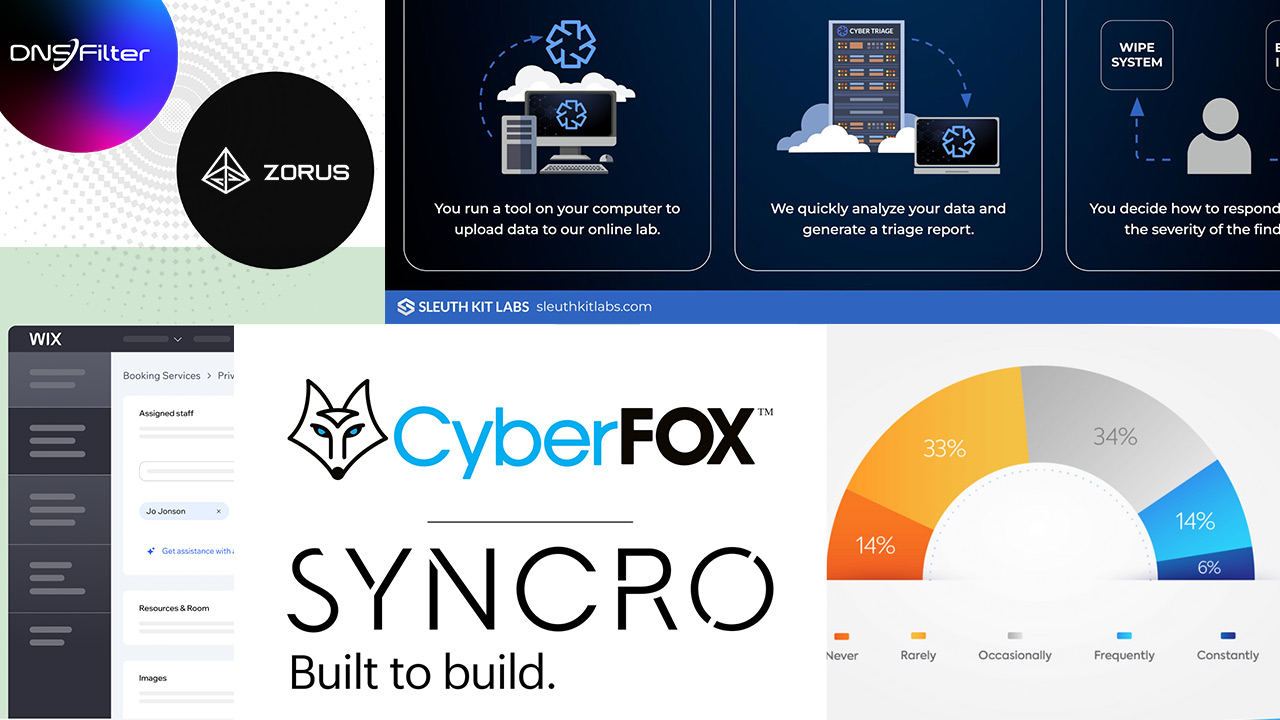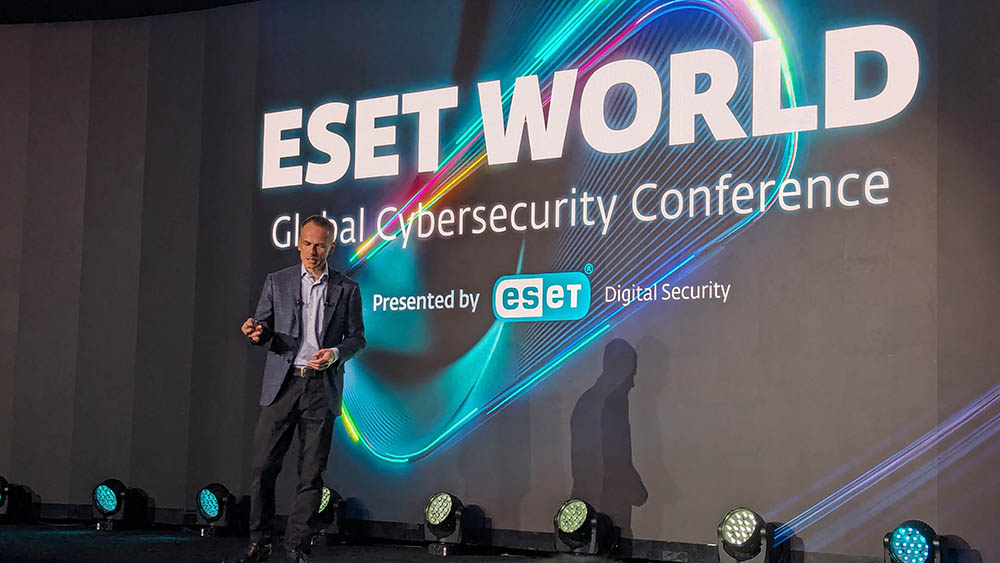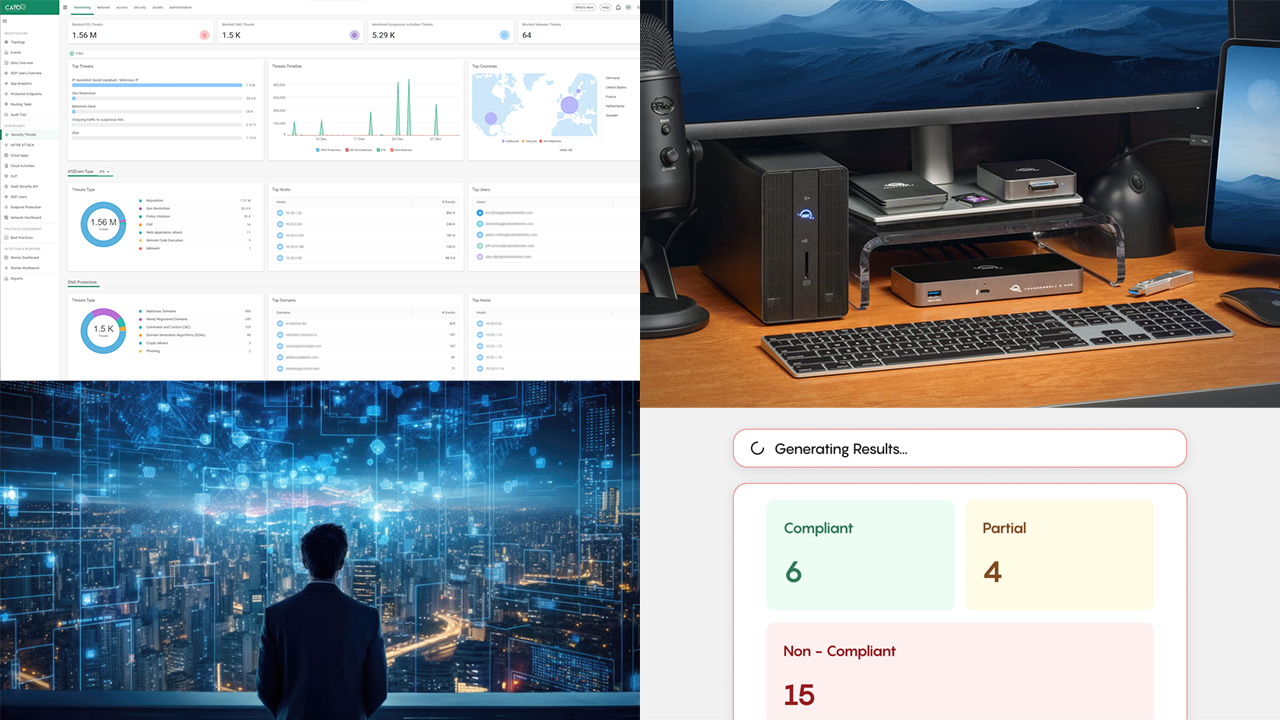Acronis International GmbH has released an updated edition of its flagship data protection solution for businesses that includes anti-ransomware functionality and file integrity features based on blockchain technology.
Called Acronis Backup 12.5, the new software significantly expands upon capabilities available in Acronis Backup 12, which shipped last July.
The three most notable of those enhancements debuted in Acronis’s consumer-oriented True Image 2017 New Generation product in January, and are available to commercial users now for the first time. They include a technology called Active Protection that’s designed to block ransomware in real time and rapidly roll infected files back to their pre-attack state.
“The user never even sees it,” says Frank Jablonski, vice president of product marketing at Acronis, whose U.S. headquarters are in Burlington, Mass. “It happens that fast.”
Acronis Active Protection has already successfully shielded end users from more than 30 different varieties of ransomware, Jablonski adds, including the recent WannaCry virus.
“We were able to block WannaCry immediately,” he says. “We had a day zero response to that.”
Acronis Notary, which helps users confirm the integrity of protected data via blockchain technology, is another new feature in Acronis Backup that first appeared in January.
Blockchain, which was originally developed in conjunction with the digital currency Bitcoin, utilizes a secure public ledger to verify the legitimacy and integrity of financial transactions. Acronis has been experimenting with blockchain for over a year, and is one of many software developers pursuing new uses for it.
Acronis Notary, for example, uses a blockchain to store hash values derived from backups and other protected files. Comparing those values to newly generated ones allows businesses to affirm that the corresponding data hasn’t been tampered with by outsiders.
“When you come back later you can validate that the backup or the particular file was not changed since you notarized it,” Jablonski says.
That can be useful for regulatory compliance purposes, he adds, and helps companies struck by malware ensure that backed up data they wish to use for recovery purposes hasn’t been corrupted as well.
A technology called ASign that was also part of Acronis’s January consumer update utilizes blockchain technology in a similar fashion to authenticate electronic signatures.
Other new features in Acronis Backup 12.5 include an enhanced management interface that allows companies to assign partial, role-based access privileges to administrators with departmental or remote office responsibilities, and the ability to offload resource-intensive processing activities like snapshotting from core servers to less utilized machines or to storage-area networks.
“The whole point there is to reduce backup resource utilization on production systems and push it off onto things like storage,” Jablonski says.
Storage offloading is currently limited to SANs from NetApp Inc., of Sunnyvale, Calif., but Acronis plans to extend it to additional platforms later this year.
Version 12.5 is the first Acronis Backup release to come in two editions, standard and advanced. Both include Active Protection, but only the advanced edition incorporates Acronis Notary and role-based administrative access rights, among other new features.
In addition, Backup 12.5 Advanced supports 5 source data platforms not covered by earlier releases or the standard edition, including Citrix XenServer, Oracle VM Server, Oracle databases, Red Hat Virtualization, and the open source KVM hypervisor.
Perpetual licensing for Acronis Backup Standard begins at $999 for servers and $99 for workstations. Perpetual licensing for the advanced edition starts at $1,799 per server and $119 per workstation. Both products are available at subscription-based rates as well for 1, 2, and 3 year terms. Those options include technical support for the life of the contract. Perpetual Acronis Backup licenses include 1 year of support.
According to Jablonski, all of the fee structures Acronis now offers are bargains.
“We have in this new release a lot more features with no price increase,” he says.
For example, Acronis Backup Advanced includes add-ons for protecting Microsoft Exchange, SharePoint, SQL Server, and Active Directory at no additional charge. Customers previously had to pay $399 a piece for those extensions.
Rolling add-ons into a consolidated server license also enabled Acronis to reduce the number of SKUs its business backup product comes in from 21 to 9.
“It’s much simpler to sell,” Jablonski says of the new solution.
Acronis isn’t the only BDR vendor to offer anti-ransomware protection. Datto Inc., of Norwalk, Conn., added similar detection and remediation functionality to its SIRIS 3 backup appliances last October.
Additionally, several security vendors, including Sophos Ltd., offer real-time ransomware protection and remediation as well. According to Jablonski, however, the new release of Acronis Backup complements rather than replaces such products.
“It’s focused purely on data protection,” he says. “We are absolutely not a security product and we are not competing with security products.”
On the other hand, Jablonski continues, some security systems with automated anti-ransomware features cost more than many SMBs are willing to spend.
“There’s a lot of small [and] medium businesses that don’t have those solutions installed,” he says. “They tend to run free security solutions, and those typically don’t have the proactive protection built into them.”












